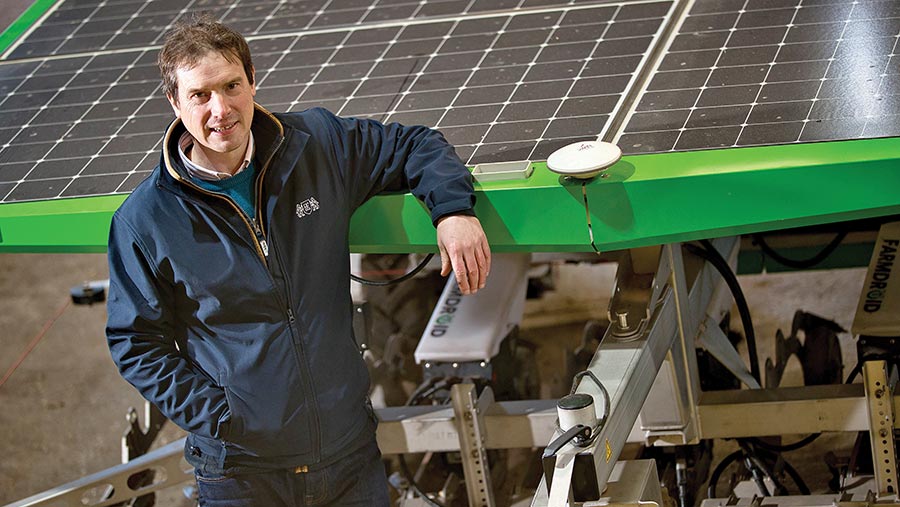Farmer Focus: Farmers could have a big impact on next election
 © Richard Stanton
© Richard Stanton Farmers have a well-earned reputation for being cynical about politicians, but the recent spotlight on rural affairs could go in our favour as the parties look ahead to the next general election.
The recent Number 10 food summit, which was branded the Farm to Fork summit, seemed to mark a move by the government to re-engage with voters in the countryside.
With Labour having performed well at the spring local elections and continuing to lead the opinion polls, many at Conservative Party headquarters will recognise that farming communities could have an impact when prime minister Rishi Sunak goes to the country.
See also: Direct-drilling: Main findings from major five-year trial
While voters living in traditional Tory seats may not go the whole way and back Keir Starmer, they could stay away from the ballot box, causing damage to Conservative ambitions in Westminster.
With that in mind, as farmers we should push to maintain the pressure on the government to act on the issues which matter most as we grapple with rising costs and diminishing margins.
Not only do we have massive jumps in utility bills to juggle, the increase in the minimum wage and a shortage of skilled labour are also affecting the bottom line for farms.
Personally, I felt it was positive to hear that the government recognises food production and security are important.
If the prime minister recognises we need trade deals which work both ways, we can address the disparities which are having a negative effect on our industry.
Having established our first sheep flock in generations, we are aware that the price of fleece has dropped so far as to mean it is unprofitable.
And yet wool is being imported from overseas for use here. Surely we should be using produce from our own farms over imports?
The energy crisis caused people to push for alternative energy sources, yet local planning seems set up to prevent wind farms or solar panels appearing anywhere that might affect people living nearby.
Distribution centres and logistic warehouses are allowed alternative energy systems, yet farmers have to fight for support.
Consumers want fresh produce out of season which is at present imported from water-stressed countries, but could be grown here with more green energy sources.
More needs to be done on water conservation as we see extreme weather across the seasons.
If the government looked at the bigger picture on planning, it would see that rural landowners could build more large-scale agricultural buildings to diversify, raising national levels of sustainable produce.
Farmers may be known for complaining, but we are adaptable. Finding our voice now at a national level could prove to be a rare example of perfect timing for our industry.

